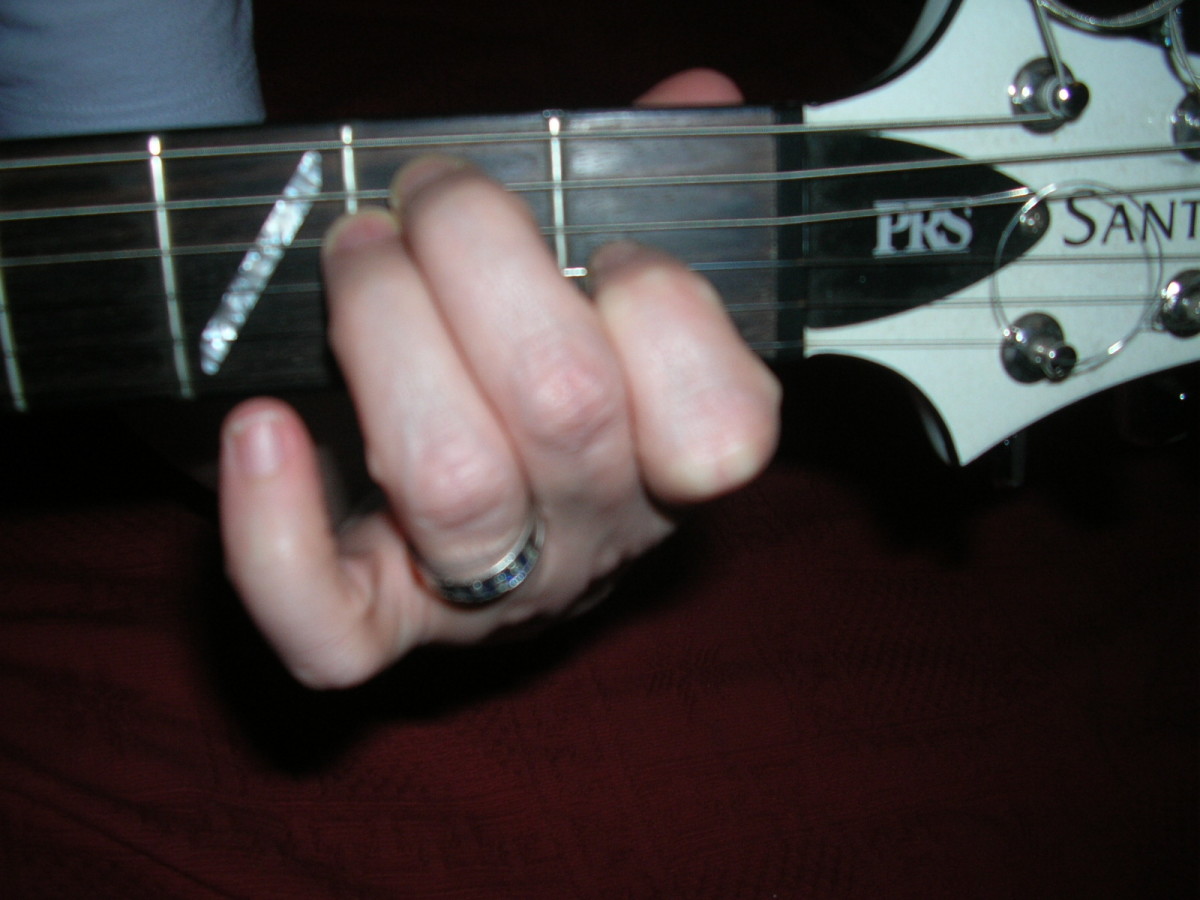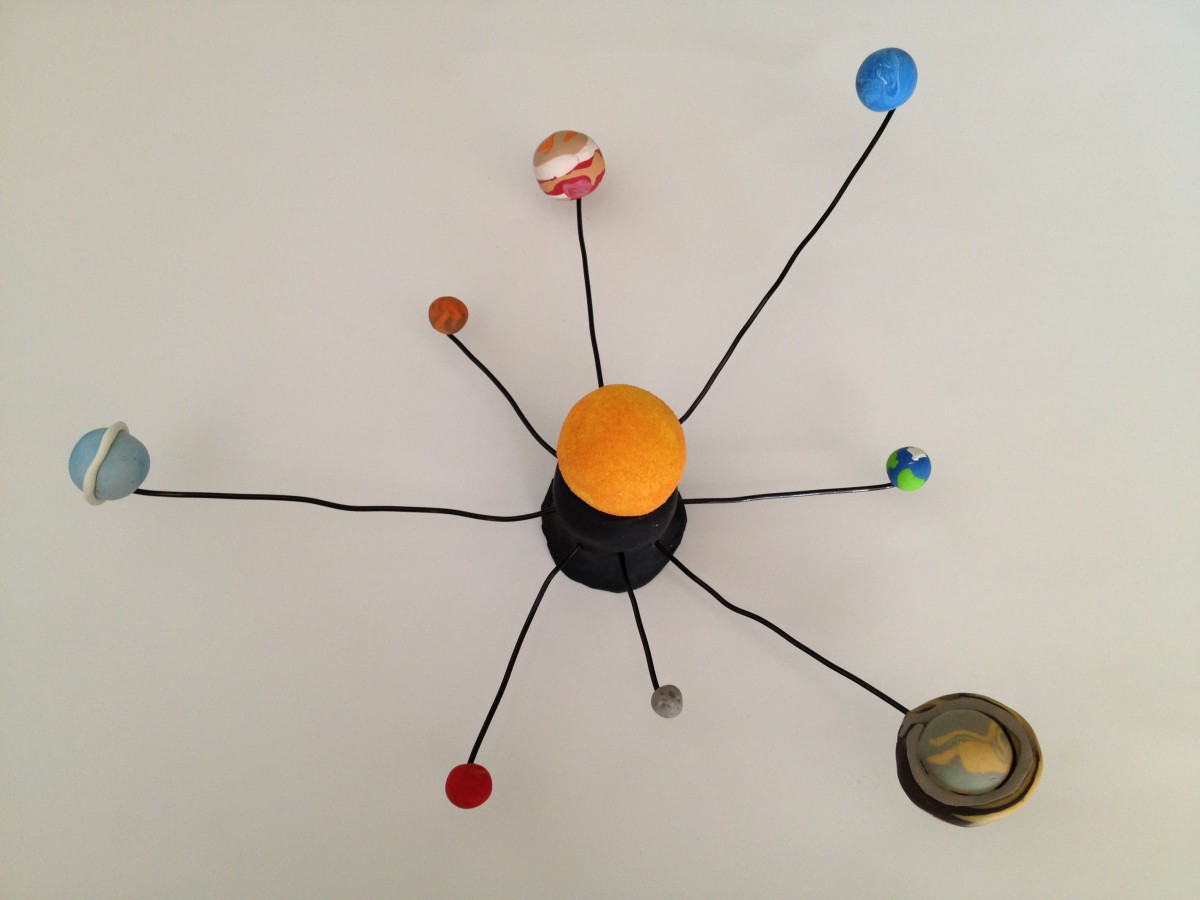How To Learn Anything in No Time!

Time, time is of the essence. Nowadays time is one of the most precious things in the world. Time is our life, it makes us get older, makes us have a richer past, it is what we require to do something. On November 2008, the book Outliers was published. This book was written by Malcolm Galdwell, and the most interesting part about it is a ‘rule’ it states, the 10.000 hours rule. Galdwell claims that in order to be successful in anything, you need to practise that anything for 10.000 hours.
So that is what he says, most people say “Bummer”. Yes, 10.000 hours is a lot, it is like practising for more than 415 days nonstop 24 hours, which is of course impossible. Considering it is just a hobby we would be learning and we dedicated this hobby 2hours a day to practise (which is quite a lot), it would take us more than 13 and a half years to master this new skill, and that is still 2 hours every day of the week, all year round. Again, bummer. Most people don’t have 2 hours a day, everyday, and probably get sick of their hobby during this process of learning a new skill, this is whether it is a language or learning how to play an instrument.
So how can I learn something, without draining a huge part of my life in it? Well, that is easy… You need 10.000 hours to master something? Don’t master it, just learn what you need.
I myself did this experiment. I wanted to learn how to play the guitar, but didn’t want to wait 13 years to speak it (master it). So I decided to find another way to learn the language.
What do you have to do? First things first: Which is the skill you want to learn? and once you chose what you want to learn you need the equipment required to do such thing. In my case, I had to get a guitar, which fortunately I already had. Once I did that, I needed to know how the guitar works, which is just basic knowledge, but also learn how to tune it and that kind of stuff. And this applies mostly to everything, in music, you need to get the instruments; if you want to learn how to program on a computer, you need to get one and also the required software.
So here I am, with my guitar. Now what? To play the guitar I need to learn how to play chords, so I went to the store and bought a book with possibly all chords of the guitar. When I first opened the book my jaw dropped, I though I was actually beaten up by the 10.000 hour rule, I mean, it would have taken me years to learn all of them. But again, anyone that wants to learn a new skill doesn’t really want to be the master of it, because he or she knows it takes a while to do so; and I was not going to learn all those chords, because not even the greatest musicians do, and the same applies for someone who is learning French, he or she won’t memorise the dictionary, because it is not the aim of learning.
This is the key part about learning something without the need to master it. I could have learnt how to play all the chords and used 13 years of my life, but again, that is not my goal. I wanted to know how to play some songs to sing along with an instrument and maybe read a few songs to learn in the future. When I started looking at the chords of songs I liked (which is mainly pop and rock) I noticed that the chords in the songs are shared. Let me explain this a little bit, the chords of most songs today and from 50 years ago are pretty much the same. This were C G Am and F. So with this fours chords I could play songs like Miley Cyrus Wrecking Ball, Lady Gaga Pokerface, to songs like The Beatles Let It Be and many, many more. Literally, I could just play those four and sing 5 minutes of 40 different songs. As much as I’d have liked to learn every single song ever written, it would have taken me years. There is a band called 4 Axis of Awesome that shows more precisely what I'm talking about, I added the video for you to check out:

That was the case of learning a music instrument, but what is the C G Am and F of languages? Languages are undoubtedly complex, it is what defines us from the other living beings of the planet. When you are learning a language you could either learn the dictionary, or you could learn by the method I am explaining now, which won’t allow you to sound like a native overnight, but it can make you understandable in the middle of Paris if you are learning French.
The C G Am and F of learning a language is the core of a language. We all know the complexity of language, there are thousands of words and unlimited word arrangements. But in an ordinary day, a normal French speaker uses a total of no more than 750 words. That represents 90% of the spoken language. So if you were about to read a book or hear a conversation, if you knew this 750 words you would understand 90% of it, which is enough to understand the general concept and even a pretty detailed concept. The 10.000 hour rule represents learning almost 100% of the language, which is insane. Basically, that will take you years, and if you wanted to advance this percentage to just 95% you would need to learn thousands of words, not just 750 more. That is because normally we use the core language to speak not the total amount of words that our language offers.
That is the first part of learning a language, learning the core, less than 750 words that you will easily incorporate by practising. And that is the second part: practising.
I am not talking about practising as we practise anything just to ‘be better’, you need to practise because that is how the brain incorporates new words. The brain can retain a word learnt once for a few days, but once you review it 2, 3 and 4 times, that retention time increases, and you have less chances of forgetting it, until it is stuck in there like numbers or your name is. There are sites and applications that you can use on your phone to track this words retention. A great app is Duolingo, which I use myself to learn French. Duolingo starts with the very basics of French with different kinds of exercises, and you progress by doing different areas of the language, until reaching specific language like laws and education. If it happens that you leave the app for a few days, the retention bars automatically go down, as they calculate your retention of the words. If you left as soon as you started bars go down extremely quickly, but once you progress, you notice how they are more static, that is because you know you learnt and you didn’t forget these words.
So that it is on how to learn the basics of something and not master it from a very beginning. Of course, this doesn’t mean you are living outside the 10.000 hours rule. If you learnt Chinese and continue to use it through your life you are going to reach the 10.000th hour and have mastered the skill. But remember, start something and know the basics, don’t jump and plan your way through a 13 year path!








